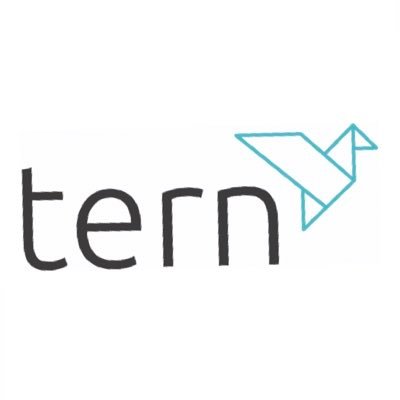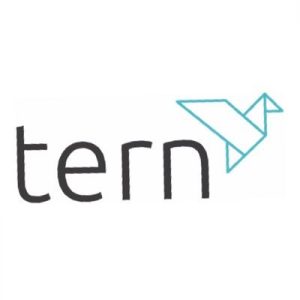Protecting your business in the digital age with a solid IoT security framework is essential. The rise of interconnected devices has transformed how businesses function, offering numerous advantages like enhanced efficiency and streamlined operations. However, this connectivity also brings significant risks, including unauthorised access, data breaches, and operational disruptions. To protect critical infrastructure, it’s vital to secure the IoT ecosystem, which ensures safety, privacy, and overall effectiveness. Implementing a strong IoT security framework helps defend against the constantly evolving cyber threats in the digital realm. By utilising measures like encryption, software updates, and access controls, businesses can reduce risks and safeguard their valuable assets.
Neglecting IoT security can lead to severe consequences, such as compromised sensitive information, disrupted operations, damaged brand reputation, and financial loss. Therefore, investing in a comprehensive security framework is a strategic move for the long-term resilience of any business. Additionally, as regulations around data protection become stricter, companies must ensure compliance to maintain customer trust and avoid penalties. A robust IoT security framework not only protects against cyber threats but also demonstrates a commitment to data privacy and security best practices.
In the vast IoT landscape, various cyber threats pose unique challenges. Malware, phishing attacks, ransomware, and DDoS assaults are just some of the tactics used by cybercriminals to exploit IoT network vulnerabilities. The interconnected nature of IoT devices amplifies these risks, where a weakness in one device can potentially compromise an entire network. As IoT deployments grow in scale and complexity, the risk of cyber threats increases, making it essential to establish a secure IoT framework. Educating employees, conducting regular vulnerability assessments, and staying updated on emerging threats are crucial to a proactive security strategy. Regular software updates, vulnerability reporting, and clear disclosure policies are also vital for maintaining IoT device integrity.
Securing IoT infrastructure requires a multifaceted approach that addresses vulnerabilities across all levels of the system. Adhering to international IoT security standards, including endpoint security, network segmentation, encryption, and intrusion detection systems, is critical for comprehensive protection. Establishing clear security policies, implementing role-based access controls, and monitoring network traffic for suspicious activity are essential steps in fortifying the IoT environment. Regular security audits, incident response planning, and employee training are also crucial for enhancing defence mechanisms. Collaboration with industry experts, sharing threat intelligence, and participating in cybersecurity forums can further improve security and keep businesses informed about emerging threats.
A proactive and vigilant approach to IoT security is key to protecting your business from cyber threats. By investing in strong security frameworks, staying informed about evolving threats, and fostering a culture of cybersecurity awareness, businesses can harness the transformative power of IoT technologies while safeguarding their assets and reputation. As technology advances, securing the IoT ecosystem becomes increasingly important. In today’s interconnected world, ensuring the safety of data, devices, and operations is not optional but a necessity. By adopting best practices and remaining vigilant, businesses can confidently navigate the complexities of IoT.
Tern plc (LON:TERN) backs exciting, high growth IoT innovators in Europe. They provide support and create a genuinely collaborative environment for talented, well-motivated teams. Device Authority is focused on securing connected device ecosystems and is recognized as the global leader in Device Identity Lifecycle Management and Identity and Access Management (IAM) for the Internet of Things (IoT).


